Trainings in LIT for IT jobs:
- We Provide Modular capsules Trainings on C, C++, JAVA, PYTHON, Oracle, PHP, Android to support the class room inputs.
- 100 % Job Oriented Course: We take every necessary step to get a suitable job on successfully completing the course.
- C-Marathon is a state level coding competition organized every year by LIT to develop coding acumen and to crack campus placement interviews.
- LIT students achieve 90% Placement in MNC's for session 2022/23 pass out.
- (Wipro, Hexaware, Accenture, Deloitte, MAC software, Microsoft, Atos Syntel, Emphasis, TCS, Infosys, Cognizant, L&T) and also in Local Companies.
Unique Technical Training Methodology at LIT:
We at LIT adopt full proof result oriented pedagogy. Teaching software courses effectively. We meticulously undertake the following methodology.
-
Hands-on Practice: Encourage students to learn by doing, provide them with opportunities to apply what they've learnt through practical exercises and Hands-on practice helps reinforce concepts and builds confidence.
-
Step-by-Step Instructions: Breaking down complex tasks into smaller, manageable steps, Provide clear, concise instructions for each step, ensuring students to follow it easily.
-
Visual Aids: Utilize visual aids such as diagrams, screenshots, and videos to supplement verbal instructions. Visual aids enhance understanding and make abstract concepts more easy to learn.
-
Interactive Learning:We in LIT focus on interactive elements into our teaching, such as quizzes, discussions, and group activities. Interactive learning engages students actively, promotes collaborative learning, and fosters a deeper understanding of the subject matter.
-
Real-world Examples: We at LIT relate software concepts to real-world scenarios to demonstrate their practical relevance. Sharing case studies and examples helps students understand how software is used in various industries and contexts.
-
Feedback and Support: We Provide intermittent feedback on students' progress to them and offer support when needed. Address any questions or challenges they encounter promptly, and encourage a supportive learning environment where students feel comfortable asking for help to teachers.
-
Encourage Exploration: Encourage students to explore the software independently outside of structured lessons. Provide resources such as tutorials, documentation, and online links where they can seek additional information and practice on their own.
-
Continuous Learning: We give thrust on the importance of lifelong learning which is an undeniable fact in software training. We Encourage students to stay updated on new developments, technologies, and best practices in respective field.
By incorporating these teaching methods, we create a dynamic and effective learning experience for students in software training in LIT, Bhubaneswar.
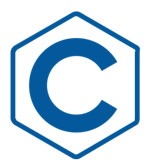
C Programming language was developed by Denish Retchie for system programming development. The syllabus contains basics programme fundamentals necessary for learning other higher languages and also for cracking campus placements, developing system software’s and embedded systems.
Syllabus
Details
C++ is the basic fundamental of modern programming languages. The knowledge offers high-performance programming skills. It helps to develops develop the application software and games. It opens up avenues to learn other high level programming languages.
Syllabus
Details
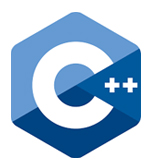

Java is a versatile programming language. It has various uses that empowers one for web applications developing Android apps and strengthens foundation in programming skills for getting specialized jobs in IT industries.
Syllabus
Details
Python language is taught in LIT for beginners interested in data science, Artificial Intelligence (AI), web development and automation. Its simplicity, readability, and extensive libraries make it a valuable skill in various domains.
Syllabus
Details


Android learning in LIT aims at providing opportunities for specializes jobs in IT industries. It is taught along with Java to enable one to develop mobile apps so as to offer students with great IT careers.
Syllabus
Details
Data structure is the tool for efficient problem-solving in programming. It helps in strengthening algorithmic skills, coding and allows foundation for optimized software solutions.
Syllabus
Details
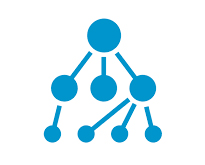
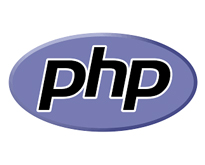
PHP programming knowledge is essential for development of dynamic and interactive websites. PHP skills enhances opportunities in web development and software development companies to get suitably employed in IT industries.
Syllabus
Details
Spoken English enables one to communicate skillfully, fostering effective communication in professional and social fields. It enhances job prospects, cultural understanding, and facilitates interpersonal communication.
Syllabus
Details
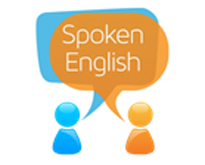
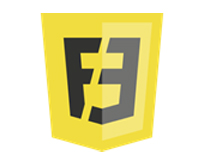
Front-end developer skill is essential for creating visually appealing websites. Skills and expertise in HTML, CSS, and JavaScript is needed for crafting user interfaces improving user experience, and increasing IT career prospects.
Syllabus
Details
AI and ML are acronyms for Artificial intelligence and machine learning, the knowledge of which is essential for creating intelligent systems, automating tasks, and making data-driven decisions. Expertise in these technologies is vital for advancements in various IT industries.
Syllabus
Details
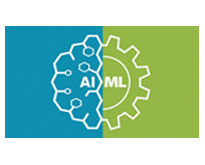
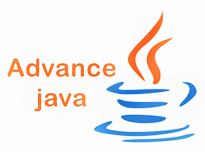
Advanced Java enhances proficiency in enterprise-level development, focusing on frameworks like Spring and Hibernate. It enables developers to build scalable, robust, and secure applications for complex business requirements.
Syllabus
Details
CCNA (Cisco Certified Network Associate) study inculcates networking skills, essential for designing, implementing, and troubleshooting networks. It gives opportunity for networking roles, enhances career prospects, and supports efficient network management
Syllabus
Details
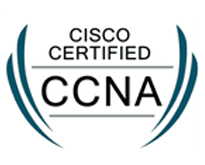
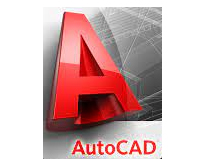
AutoCAD develops expertise in computer-aided design, needed for architects and engineers. It helps drafting, 3D modeling, and efficient design processes, enhancing productivity and employability in various IT industries.
Syllabus
Details
MATLAB enhances problem-solving skills through its powerful numerical computing capabilities, aiding in data analysis, algorithm development, and visualization. Its versatility finds applications across engineering, science, finance, and more, making it a valuable skill for students and professionals seeking to excel in various fields.
Syllabus
Details
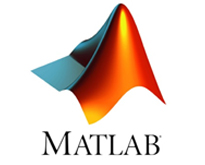
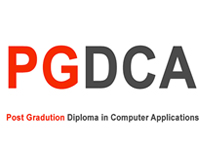
PGDCA (Post Graduate Diploma in Computer Applications) equips individuals with advanced skills in computer applications, programming languages, database management, and software development. It enhances career prospects in the rapidly evolving IT industry, fostering expertise in areas such as system analysis, web development, and project management, ensuring professional growth.
Syllabus
Details
DOTNET is a software framework developed by Microsoft that primarily runs on Microsoft Windows. It provides a comprehensive programming model for building various types of applications, including desktop, web, mobile, and cloud-based applications.
Syllabus
Details
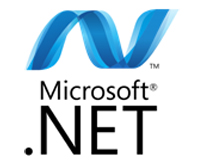
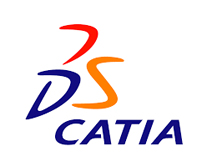
CATIA is a multi-platform software suitable for computer-aided design (CAD), computer-aided manufacturing (CAM), computer-aided engineering (CAE), and product lifecycle management (PLM), developed by the French company Dassault Systèms.
Syllabus
Details
ANGULAR JS Angular JS is a powerful front-end framework, enables the creation of robust, maintainable SPAs. The course combines theoretical concepts with hands-on labs to prepare students to confidently use TypeScript and Angular to build scalable applications.
Syllabus
Details
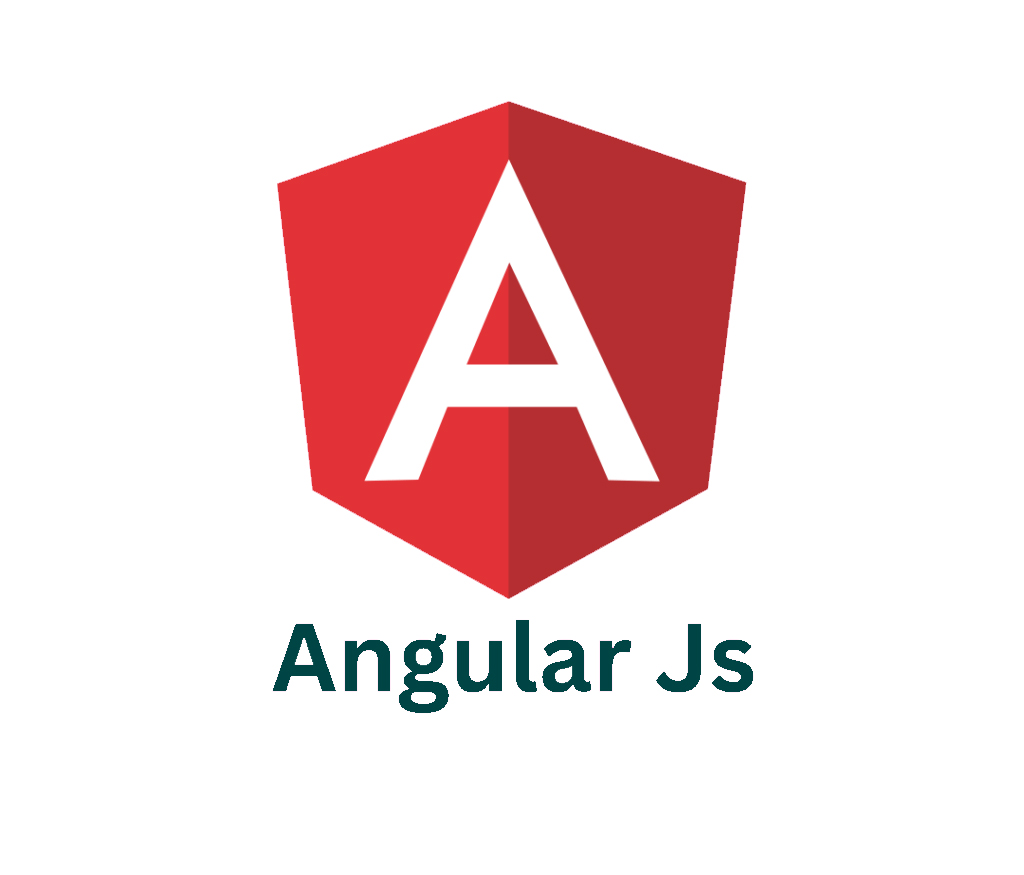
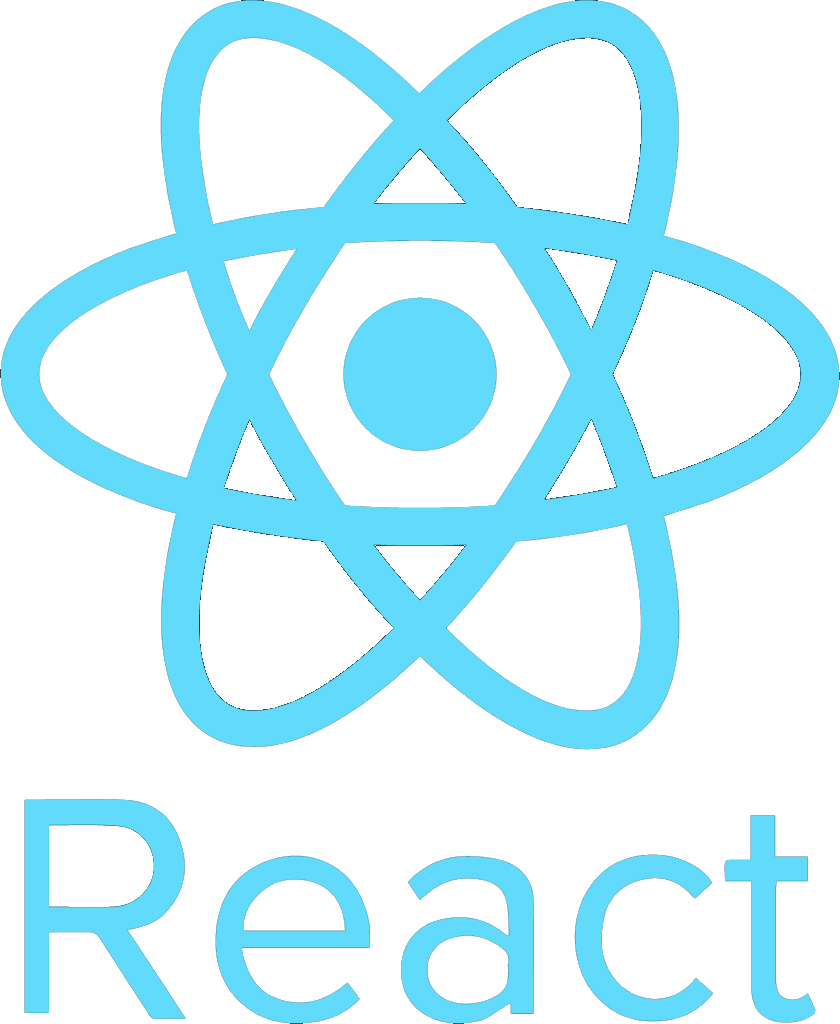
REACT JS ReactJS is a JavaScript library for building user interfaces, developed by Facebook. It is used to create interactive UIs by efficiently updating and rendering the right components when
data changes. React's component-based architecture allows for modular, reusable, and maintainable code, which is why it has become one of the most popular libraries for front-end development in modern web applications.
Syllabus
Details